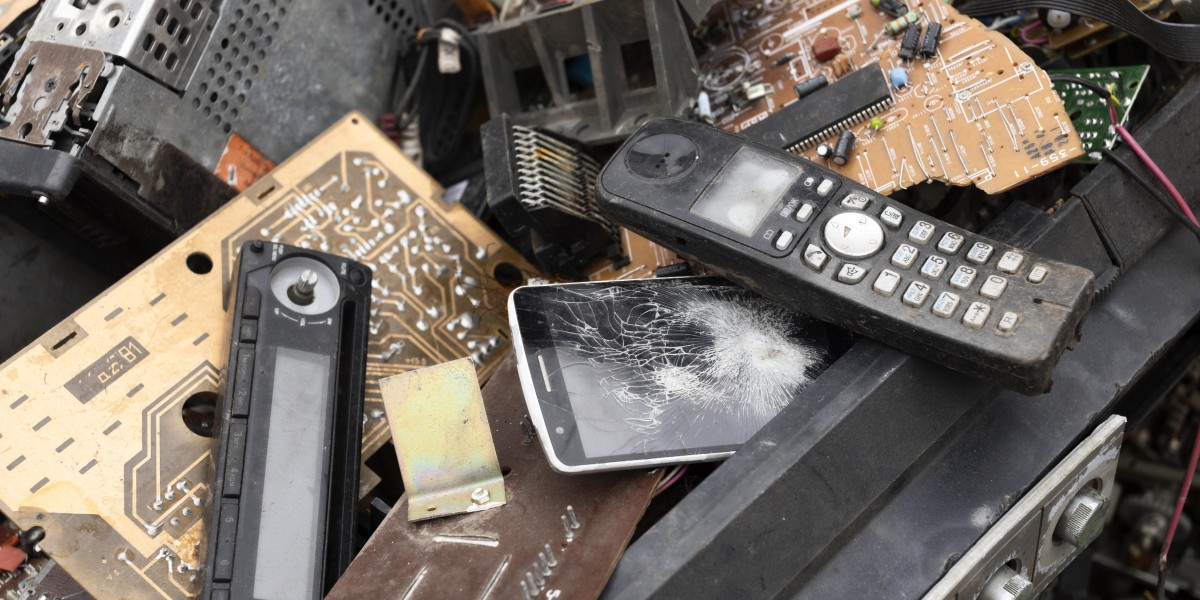In an era where technological advancements are incessant, electronic waste recycling (e-waste) has emerged as a significant challenge, particularly in India. With rapid urbanization and increasing consumerism, the quantity of discarded electronic items is surging at an alarming rate. However, innovative solutions like Koscove E-Waste are pioneering the movement towards sustainable e-waste management.
Understanding the Gravity of E-Waste in India
India, being one of the largest consumers of electronic products, faces a colossal challenge in managing e-waste. The rise in disposable incomes and the ever-shortening lifespan of electronic devices have exacerbated this issue. It's estimated that India generates around 2 million tons of e-waste annually, ranking fifth globally. This not only poses environmental risks but also health hazards due to the release of toxic substances.
The Koscove Initiative: A Beacon of Hope
Koscove E-Waste, an innovative enterprise, is at the forefront of addressing this issue. By integrating advanced recycling technologies and community engagement, Koscove is transforming e-waste from a problem into an opportunity. Their approach includes efficient collection mechanisms, safe recycling methods, and awareness campaigns, setting a benchmark in the e-waste recycling industry.
Technological Innovations in Recycling
Advancements in recycling technologies are pivotal in Koscove's operations. They employ state-of-the-art machinery to segregate and process various components of electronic waste, ensuring minimal environmental impact. This technology not only recovers valuable materials like gold, silver, and copper but also safely disposes of hazardous elements.
Community Engagement and Awareness
Koscove E-Waste places a significant emphasis on community participation. Through various programs and workshops, they educate the public about the importance of proper e-waste disposal. Their initiatives encourage individuals and corporations to become more responsible in handling electronic waste, thereby fostering a culture of sustainability.
Regulatory Framework and Compliance
India's e-waste management policies have evolved over the years, with stricter regulations and guidelines for disposal and recycling. Koscove adheres to these regulations diligently, ensuring compliance with environmental standards. Their commitment to legal and ethical practices sets them apart in the industry.
Challenges and Future Prospects
Despite the efforts of organizations like Koscove, e-waste management in India faces several challenges, including inadequate infrastructure, lack of public awareness, and informal recycling networks. However, the future holds promise with increased government focus, technological advancements, and rising public consciousness about environmental sustainability.
Conclusion
The journey towards effective recycling e-waste in India is a complex yet achievable goal. Organizations like Koscove E-Waste are leading this change through innovative solutions, community engagement, and adherence to environmental standards. As technology continues to evolve, so must our methods of recycling and waste management, ensuring a sustainable and healthy environment for future generations.








